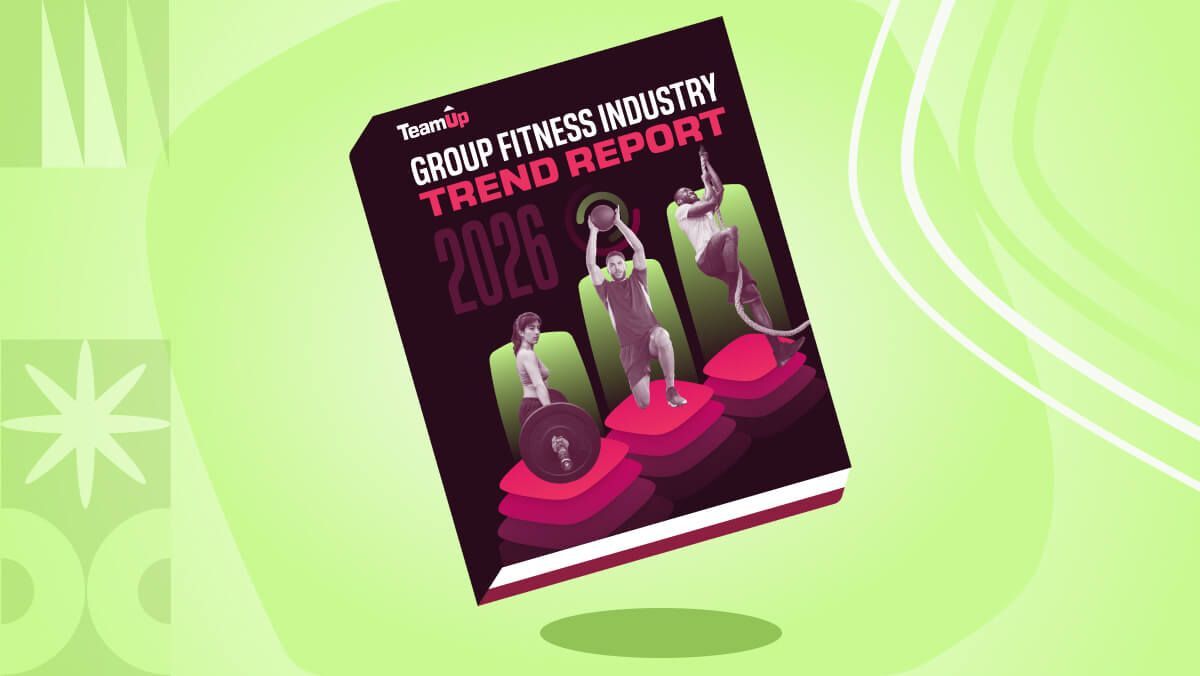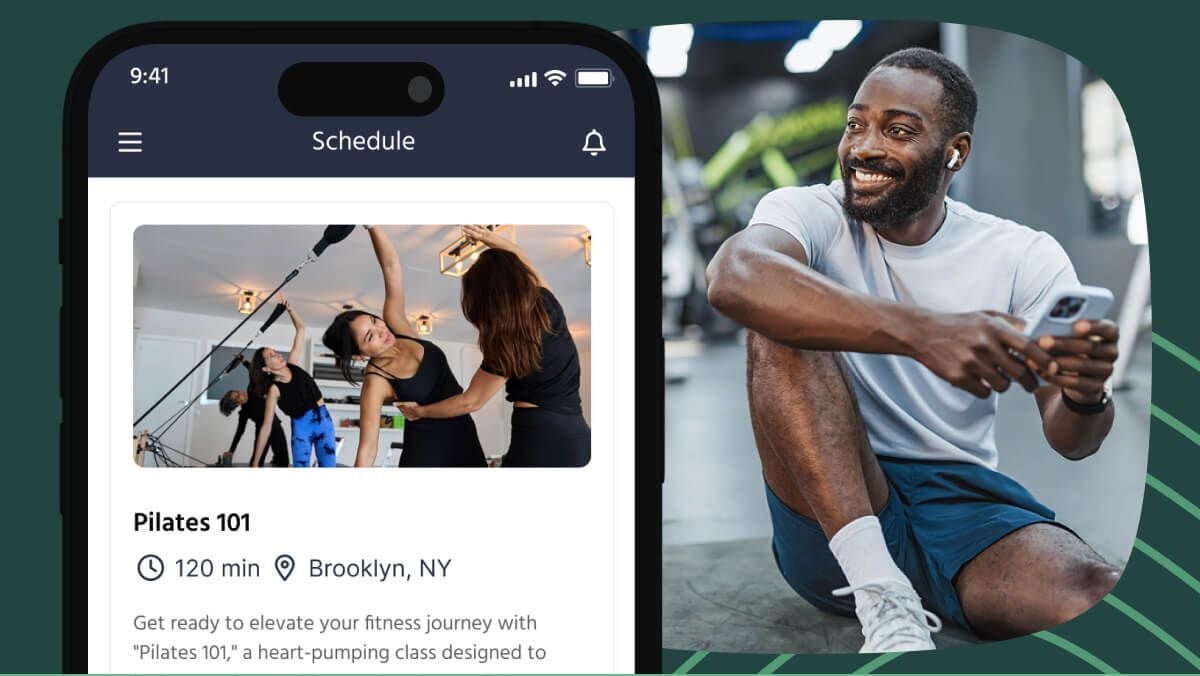Precedence Research reports that the global health and wellness market is expected to reach over USD 8,945.3 billion by 2032. That's a predicted 70% increase over a ten year period. It's no surprise then that this rapidly growing market is bursting with opportunities for savvy business owners.
While opportunities to expand your reach, boost your member base, and get people motivated about coming to your gym are exciting, if it was that simple, everyone would be jumping on the bandwagon! Before making any big commitments, it's worth taking time to explore what's happening in the industry in a bit more depth. This way you can draw up a list of pros and cons based on your personal situation and make informed decisions.
.png?width=800&height=400&name=Leos%20Circus%20(7).png)
At TeamUp, we like to stay abreast of industry news and trends and regularly collaborate with fitness experts to gain a better understanding of the effects on facility owners and managers. In fact, it was this collaboration that inspired us to compile a report on the current status to arm you with the knowledge to decide what actions can help you drive profits this year. Read on to learn more, or skip ahead and get your downloadable report here.
Prevention is better than cure
We created this report to help identify the key themes that could impact your business in the year ahead, so you can be prepared and take action where necessary. A huge opportunity at the moment is promoting preventive healthcare. It's no coincidence that the pandemic has made us all much more aware of our own health and wellbeing. Since 2020, there has been a sharp increase in the number of employees working from home and even now, four years on, many people work remotely or in a hybrid format on a permanent basis.
-1.png?width=800&height=400&name=Leos%20Circus%20(9)-1.png)
This increasingly sedentary lifestyle is having major effects on our health—even for workers who commute to and from the office every day. The American Heart Association notes that obesity is a major risk factor for cardiovascular diseases and recommends physical activity as the best way to prevent or delay the onset of Type-2 diabetes and lower blood pressure to reduce the risk of heart attacks and strokes. This ‘wellbeing awakening’ has inspired fitness and health experts to team up and educate clients, while simultaneously positioning their facility as an authority.
Alternative wellness services on the scene
We're seeing a lot of references to incorporating recovery spaces into sports and fitness centers. This interesting move could incur many costs initially. However, it may actually pay for itself in the long run: if you can provide clients with everything they need under one roof, they're less likely to visit local competitors for alternative treatments. If you're really serious about it, you could provide clients with a truly 360-degree holistic approach to their health, fitness, and wellness. This strategy opens up the possibility of creating high end or more exclusive offers, including services such as infrared saunas, salt therapy, and cold plunges you can charge more for to maximize profits.
.png?width=800&height=400&name=Leos%20Circus%20(10).png)
A highly sensitive topic making waves at the moment is the introduction of weight loss pills in fitness facilities. You might have strong feelings on whether or not you want to open up your gym to this trend. Either way, as a reliable figure in the industry, it's important to be able to correctly inform your members about the advantages and disadvantages of weight loss pills so they can make up their own minds.
Evidence from Forbes Health Advisory Board suggests efficacy of weight loss drugs such as the GLP-1 group, traditionally prescribed to treat diabetes and lower blood sugar levels and recently found to curb the appetite, also relies on changes in lifestyle with exercise being an important component. With your help and guidance, you can help clients decide what's right for them and commit to healthier eating and increased physical activity for optimal results.
Accessible and inclusive fitness
Inclusivity is another hot topic and it’s understandable—who doesn't want to look and feel good? Whether customers are on a tight budget, juggling parenthood and a career, or trying to maintain a healthy active lifestyle during retirement, it's important facilities expand their reach to include accessible options that appeal to wider groups of all ages.
.png?width=800&height=400&name=Leos%20Circus%20(11).png)
Despite a general feeling of isolation during the pandemic, many facility owners are noticing an increase in the demand for online sessions that fitness fans can enjoy at a time that is most convenient to them, no matter their personal circumstances. This is a fairly quick fix that doesn't involve making any drastic changes to your studio or gym, but rather creating or tweaking content to offer workouts with varying degrees of difficulty.
There are of course many other ways to make your facility more welcoming and appealing to multiple audiences. Understanding the unique characteristics and challenges of each age group is the key to success in the ever-changing fitness landscape.
Whether customers are on a budget, juggling parenthood and a career, or trying to stay active during retirement, include accessible options that appeal to wider groups of all ages.
Last but not least, the fitness community is a great place to motivate one another with ideas, challenges, and success stories. To further enrich this positive feeling, the number of fitness summits and other events focusing on wellness and healthcare is set to rise over 2024.
While the cost of holding and attending these events can be high, the relationships and networking that come out of them tend to be more beneficial. For ideas on how to start your own knowledge sharing events, take a look at our free guide Unlock extra income with retreats and events.
We hope you enjoyed reading our insights. To find out what our expert collaborators had to say, download our free report!






.png)


